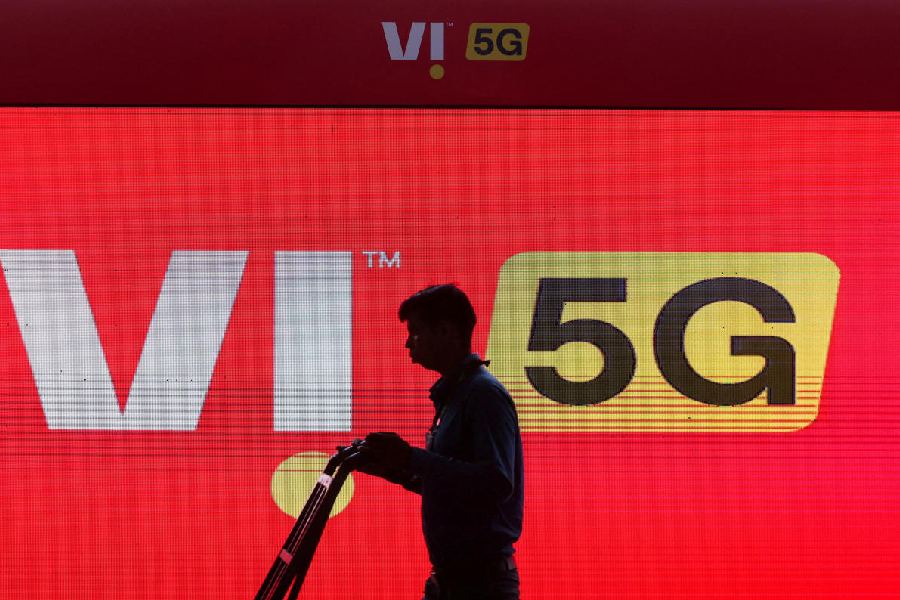The Bombay High Court has directed the income tax department to refund Rs 1,128 crore to Vodafone Idea Ltd for Assessment Year 2016-2017.
A division bench of Justices K.R. Shriram and Neela Gokhale also pulled up the assessing officer (AO) for showing “laxity and lethargy” in not passing the final order within the mandated 30-day time.
The court passed its judgment on a petition filed by Vodafone Idea (Vi) which said Central Processing Centre, Bangalore and the assistant commissioner of income-tax, Mumbai circle, failed to refund the amount paid by the company for AY 2016-2017.
Vi said it paid more than the legitimate tax due on its income and had sought a refund of the amount along with applicable interest.
As per the petition, the assessing officer passed a draft order about the assessment year in December 2019 against which the company filed objections before the Dispute Resolution Panel (DRP) in January 2020.
In March 2021, DRP issued certain directions.
Vodafone Idea said the assessing officer ought to have passed the final order within 30 days. Since the officer failed to pass the final order, it was entitled to a refund with interest.
The company said after it filed the petition in HC in June 2023, the assessing officer passed the final order in August.
“The case of petitioner (Vi) is quite elementary and we are constrained to observe the complete apathy and negligent approach of the assessing officer concerned in discharging his duties, following the provisions of the Income Tax Act, 1961,” the bench said.
“Laxity in this regard
has a propensity to destroy and bring to nought any effective system put in place by
the government for efficient and transparent administration of taxation laws and
regulations. Such an adverse effect on the exchequer is revealed in the present case.’’ they added.
The court recommended a detailed enquiry to be initiated on the failure on the part of the assessing officer concerned to act under provisions of the Income Tax Act.
The tax department claimed due to the “Faceless Assessment Regime” it had not received the DRP’s directions.
The high court, however, refused to accept this and said the DRP directions were always visible and accessible on the ITBA portal.
There was also no “whisper of any explanation” as to why the assessing officer remained inactive and silent for two long years in the case and swung into action only when he received information of the petition filed, it said.










